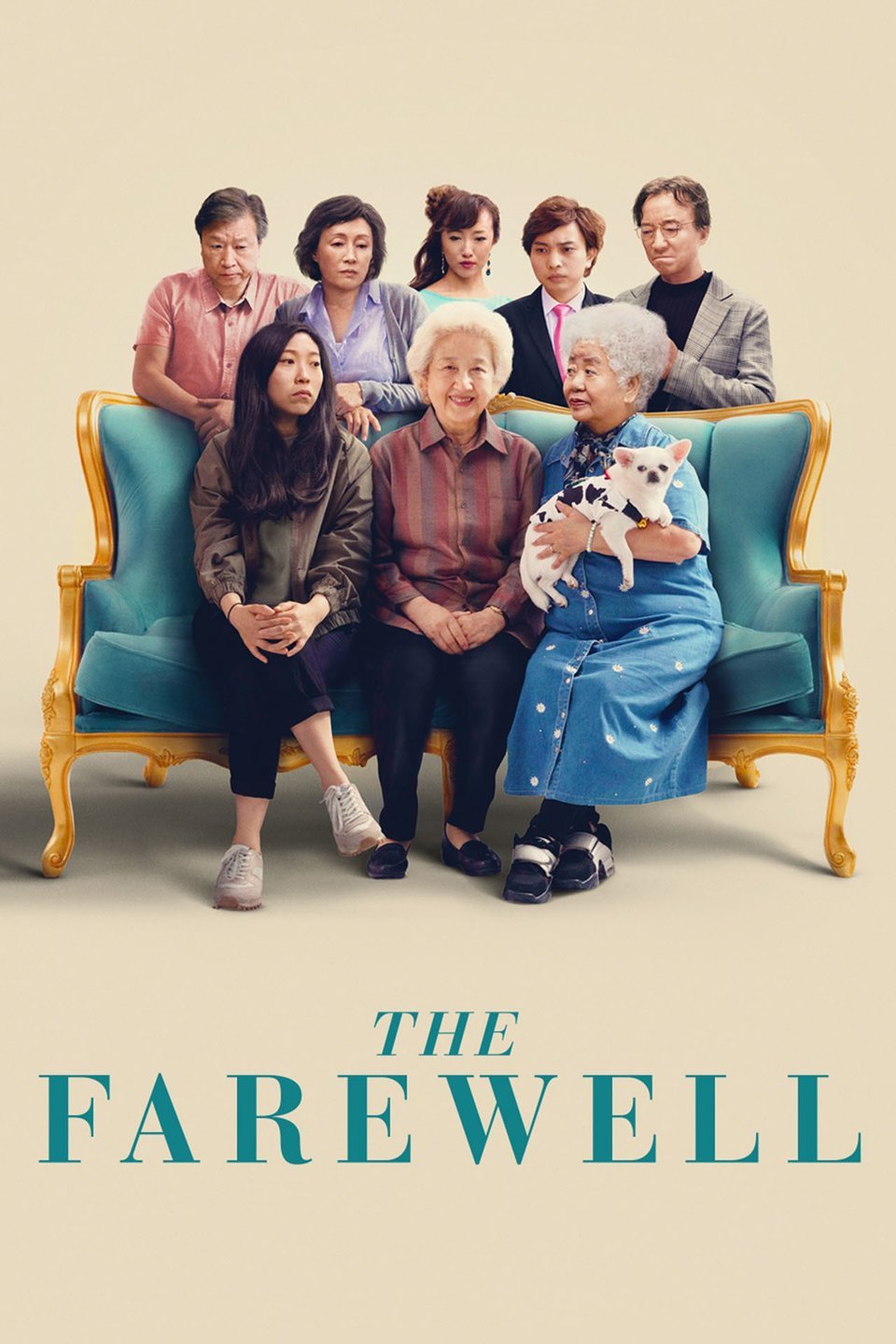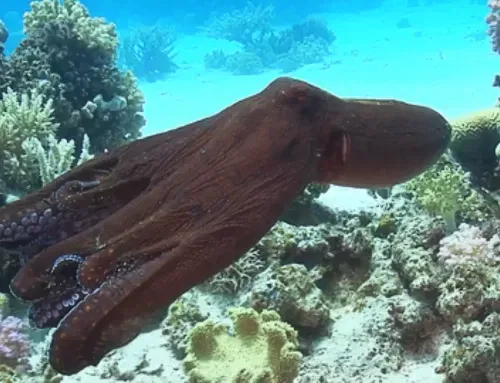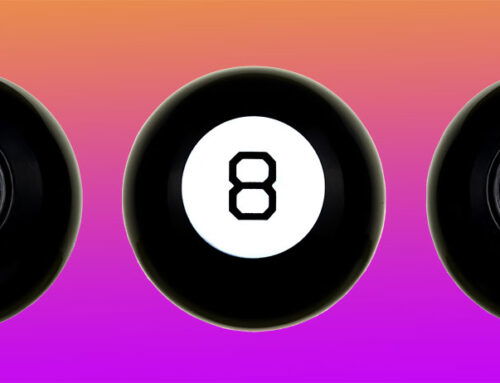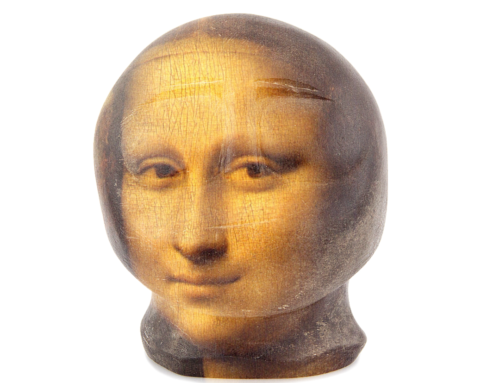Probably you, like the rest of us, have told a white lie – a fabricated fork in the truth, such as a false excuse given to wiggle painlessly out of an invitation or request from a friend you would rather not accept. You know it isn’t quite kosher, false, a lie, whatever its color. But the white lie is easy to justify; it skirts the receiver from disappointment or aggravation – possibly even of pain – as you convince yourself it does no harm. You rationalize that the lie serves your purpose and is kinder to the receiver than the stark truth.
Wait a minute! Is it ethical for honest people like us to ever lie? Two movies raise this question and turn white lies into a complex of colors. (Spoiler alert: I have to tell you the end for you to understand my point.)
The Cakemaker
 In The Cakemaker (written and directed by Israeli Offir Raul Graizer), a German baker (Thomas, played by Tim Kalkhof) conceals the truth of his sexuality when grieving for his Israeli lover (Oren, played by Royal Miller).
In The Cakemaker (written and directed by Israeli Offir Raul Graizer), a German baker (Thomas, played by Tim Kalkhof) conceals the truth of his sexuality when grieving for his Israeli lover (Oren, played by Royal Miller).
Oren was essentially bisexual, in that he had a wife (Anat, played by Sarah Adler) and young son in Israel, yet he was having an affair with Thomas on business trips to Berlin once a month. Thomas travels from Berlin to Jerusalem after he learns that Oren was killed in an auto accident. In Jerusalem pretending to be anonymous, he meets Anat at her new cafe, and she employs him as a dishwasher. He develops a close relationship with her throughout the movie, first as an expert baker and then as a friend, and finally by becoming her lover, never letting on that he knew her dead husband Oren.
In addition to the lie of omission, he denies knowing Oren when asked. Nonetheless, Anat eventually discovers the truth while scrounging through Oren’s stuff he had sent back from his trips to Berlin. Outraged at being deceived, she has her brother (who never liked Thomas because he was German and not religious) force him to return immediately to Berlin and never come back. Her anger cools with time and she misses Thomas. The movie ends with her traveling secretly to Berlin, where she sees him from a distance back in his bakery, although he doesn’t notice her. The end is a subtle lie of omission as well, in that she doesn’t let him know she’s in Berlin when she sees him. It’s left to the audience to decide whether Anat and Thomas ever get together again. (I hoped they would but have my doubts.)
Was Thomas’ denial and lie of omission unethical? My friend thought so because he interpreted the movie as deception by Thomas in order to take over Oren’s life, since his own was lonely and without family. Agreed, that would be unethical. However, I saw Thomas’ actions as sincere. Nothing indicated that he was scheming. He was grieving, as was Anat, and both he and Anat gained comfort from the lie.
Moreover, the movie itself seemed held together by omission; the plot often showed events separated in time so that the viewer had to stitch the story together, and the relationship between Thomas and Anat advanced more by implication than by explanation, essentially by silent glances at one another. Would they have become so close or have mutually comforted each other if he had said the truth? Doubtful in my opinion. The lie was palliative to both of them as long as it lasted.
Perhaps unethical to some is not to another, depending on intent. The problem, of course, is that intent is usually multifold and ambiguous, like life itself.
The Farewell
 As for intent, in The Farewell (directed by Lulu Wang), members of an extended Chinese family lie deliberately to be kind. They use the excuse of a wedding to reunite in China with their beloved grandmother (Nai Nai, Mandarin for grandma, played by Zhao Shuzhen) diagnosed with cancer and given only 3 months to live.
As for intent, in The Farewell (directed by Lulu Wang), members of an extended Chinese family lie deliberately to be kind. They use the excuse of a wedding to reunite in China with their beloved grandmother (Nai Nai, Mandarin for grandma, played by Zhao Shuzhen) diagnosed with cancer and given only 3 months to live.
However, Nai Nai’s family never tells her she has cancer; instead, they say that the medical tests show she’s well. The family members living in China have no trouble keeping the cancer diagnosis a secret so that Nai Nai can enjoy without anxiety her last days alive.
Her granddaughter (Billi, played by Awkwafina), who lives in New York with her parents, is heart-broken and believes that Nai Nai must be told the truth. However, Billi cooperates when she is in China for the wedding and doesn’t tell her grandmother about her illness. The wedding goes well, Nai Nai is happy and everyone disbands without ever letting on.
A central point mentioned explicitly in the movie is that Americans focus on the individual, making it unethical to withhold information, whereas in China (where the extended family lives) the family and community take on the burden for the individual, a significant cultural difference. For the Chinese, it is both ethical and kind to bear the emotional pain of imminent death for the patient, as happens in the movie; for Billi and Americans truth trumps consideration for the other person.
A surprising, complicating fact in the story, possibly missed by many, slips in during the credits for the movie: Nai Nai is still alive and well six years later! Telling her she was well turned out not to be a lie in the long run! Does this suggest that a lie may not be a lie at all, depending on the outcome, which can be ambiguous?
The two movies suggest that whether a white lie is ethical or not may depend on the precise situation, people involved, cultural climate, and intent. Whether a statement deviating from the truth, or lack of full disclosure, is a white lie may not necessarily condemn it as wrong or unethical, since the answer is often in a gray area that each person must decide for him or herself.






Leave A Comment